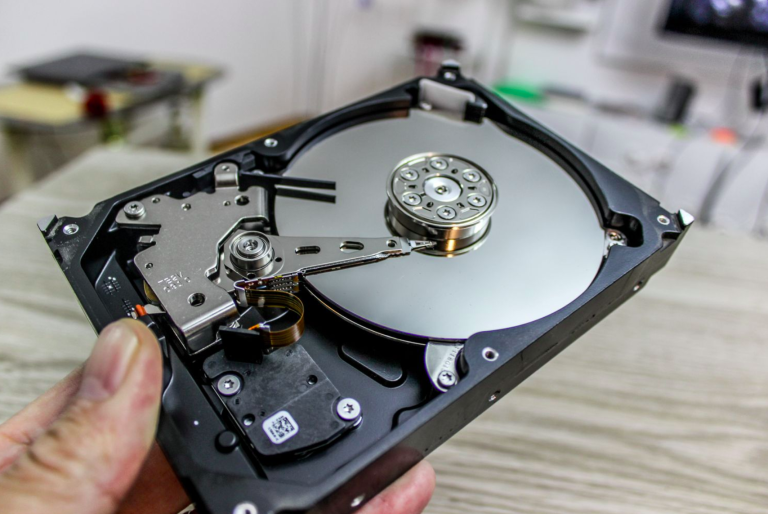
The rise of artificial intelligence (AI) and job automation has sparked significant debate over the future of work. As technology continues to evolve, it’s natural to wonder what impact these advancements will have on employment. Will AI create more jobs than it eliminates? How can we prepare for a future where machines handle many tasks currently performed by humans? In this blog post, we’ll explore the potential effects of AI on job automation and offer insights into what the future may hold.
The Current Landscape of AI and Job Automation
AI technology has already begun to transform various industries. From manufacturing to healthcare, AI-driven automation is changing the way businesses operate. According to a report by McKinsey Global Institute, up to 800 million jobs could be lost worldwide by 2030 due to automation. However, the same report also predicts that around 555 million new jobs could be created, offsetting some of the job losses.
Industries Most Affected by AI
Among the industries most impacted by AI and automation are:
- Manufacturing: Robots have been used in manufacturing for decades, but AI is taking automation to new heights. Machines equipped with AI can perform complex tasks, such as quality control and predictive maintenance.
- Healthcare: AI is revolutionizing healthcare by improving diagnostic accuracy, personalizing treatment plans, and streamlining administrative tasks.
- Retail: From automated checkouts to AI-driven customer service, the retail sector is quickly adopting technologies that enhance the customer experience and improve operational efficiency.
- Transportation: Autonomous vehicles and AI-driven logistics systems are poised to transform the transportation industry, reducing the need for human drivers and increasing efficiency.
The Potential Benefits of Job Automation
While the prospect of job automation may seem daunting, it also presents several potential benefits:
Increased Efficiency and Productivity
AI and automation can significantly increase efficiency and productivity by performing tasks faster and more accurately than humans. According to a study by Accenture, AI could boost labor productivity by up to 40% by 2035. This boost in productivity can lead to economic growth and increased business competitiveness.
Creation of New Job Opportunities
As some jobs are automated, new roles will emerge that require human skills and creativity. For instance, the rise of AI has led to an increased demand for data scientists, AI specialists, and cybersecurity experts. These new job opportunities can help offset the displacement of workers caused by automation.
Improved Quality of Life
Automation can also improve the quality of life by reducing the need for humans to perform repetitive, mundane tasks. This allows workers to focus on more meaningful and fulfilling activities, leading to increased job satisfaction and well-being.
The Challenges of AI and Job Automation
Despite the potential benefits, AI and job automation also present several challenges:
Job Displacement and Unemployment
One of the most significant concerns is the potential for job displacement and unemployment. According to the World Economic Forum, automation could displace 85 million jobs by 2025. This displacement will disproportionately affect low-skilled workers, who may struggle to find new employment opportunities.
Skills Gap
As the demand for AI-related skills increases, there is a growing skills gap that needs to be addressed. Workers must be reskilled and upskilled to remain competitive in the job market. According to a report by IBM, 120 million workers may need to be reskilled in the next three years due to AI and automation.
Ethical and Social Implications
The rise of AI also raises ethical and social concerns, such as data privacy, algorithmic bias, and the potential for increased inequality. Addressing these issues requires collaboration between governments, businesses, and society to ensure that AI technologies are developed and deployed responsibly.
Preparing for the Future of Work
To navigate the challenges and opportunities presented by AI and job automation, several actionable steps can be taken:
Investing in Education and Training
Governments, businesses, and educational institutions must invest in education and training programs to equip workers with the skills needed for the future job market. This includes promoting STEM (science, technology, engineering, and mathematics) education and providing opportunities for lifelong learning.
Encouraging Lifelong Learning
Workers should be encouraged to embrace lifelong learning and continuously update their skills. This can be facilitated through online courses, vocational training, and employer-sponsored training programs.
Implementing Supportive Policies
Governments can implement policies that support workers during the transition to an automated future. This includes providing social safety nets, such as unemployment benefits and retraining programs, as well as encouraging businesses to adopt responsible automation practices.
Fostering Collaboration
Collaboration between governments, businesses, and society is crucial to address the challenges and opportunities presented by AI. By working together, stakeholders can develop policies and initiatives that promote inclusive growth and ensure that the benefits of AI are shared widely.
Conclusion
The future of work in the age of AI and job automation is both exciting and uncertain. While automation has the potential to increase efficiency, productivity, and create new job opportunities, it also poses significant challenges, such as job displacement, skills gaps, and ethical concerns. By investing in education and training, encouraging lifelong learning, implementing supportive policies, and fostering collaboration, we can prepare for a future where AI and humans coexist harmoniously, driving innovation and economic growth.
As we continue to navigate this rapidly changing landscape, it’s essential to remain adaptable and proactive in addressing the challenges and seizing the opportunities presented by AI and job automation. The future of work is not predetermined, and with the right strategies and mindset, we can shape it to benefit all members of society.

